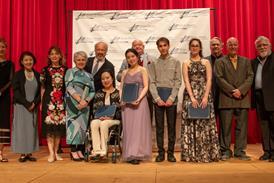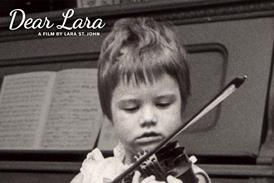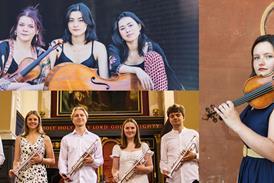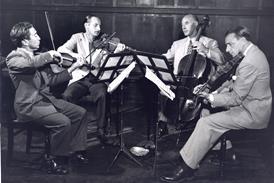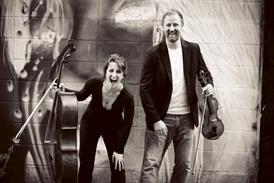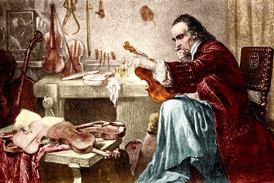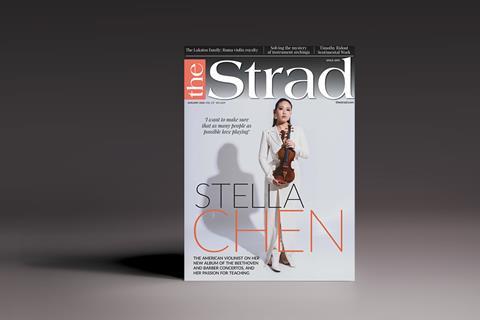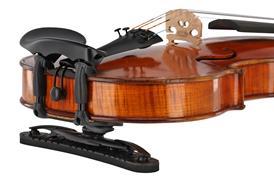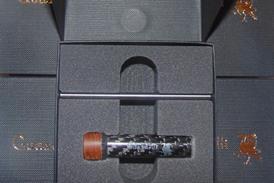- News
- For Subscribers
- Student Hub
- Playing Hub
- Directory
- Lutherie
- Magazine
- Magazine archive
- Whether you're a player, maker, teacher or enthusiast, you'll find ideas and inspiration from leading artists, teachers and luthiers in our archive which features every issue published since January 2010 - available exclusively to subscribers. View the archive.
- Jobs
- Shop
- Podcast
- Contact us
- Subscribe
- School Subscription
- Competitions
- Reviews
- Debate
- Artists
- Accessories
Early lutherie experience: The journeyman years

The time spent between finishing at violin making school and striking out on your own can be critical to a luthier’s learning experience. Peter Somerford finds out what makers should expect from their first jobs in a workshop – and how they can make the most of their time
One of the formative periods for violin makers and restorers is the time they start work in a professional workshop, having recently graduated from violin making school. It’s clear, from speaking to long-established and more recently established professionals about their time as a journeyman, that working for others, whether it’s just for a couple of years or for a decade, is an opportunity to develop proficiency, learn new techniques, see and work on lots of instruments, and experience different countries and environments.
As with any competitive field, finding a first job can be made easier by networking and making contacts during college, and by taking every opportunity to be exposed to the trade. ‘I realised very early on that you have to think about jobs and your career right from the start – even before you begin college,’ says the Utrecht-based maker and restorer Hubert de Launay, who worked for Dutch makers Harry Jansen, Melle Wondergem and Guust François, and then Michael Byrd, John Dilworth and Andreas Post before setting up independently in 2019. ‘My teachers at West Dean College were always encouraging students to find a work placement whenever we could in the holidays. We would frequently go to auctions to meet people and see lots of instruments. We’d visit workshops and museums and go on international study trips. This all added up to making us feel comfortable outside the safe space of the college workshop.’
Nebraska-based violin maker Marilyn Wallin, who studied at the Chicago School of Violin Making and is past president of the Violin Society of America, advises young makers: ‘Don’t be afraid to introduce yourself to people in the trade. The violin community wants to know who’s out there, who’s new. The more you get the word out, the more likely you are to get a better job.’ During college, Wallin worked Saturdays in a music store which had a rental programme, and in the summers she apprenticed with violin maker David Wiebe. ‘I also kept up my viola playing through school,’ she says. ‘This was important to me, but it probably made me more valuable as an employee as well.’ After graduating, Wallin landed a two-year apprenticeship at Bein & Fushi in Chicago before leaving to set up a making workshop at home and start a family…
Already subscribed? Please sign in
Subscribe to continue reading…
We’re delighted that you are enjoying our website. For a limited period, you can try an online subscription to The Strad completely free of charge.
* Issues and supplements are available as both print and digital editions. Online subscribers will only receive access to the digital versions.


